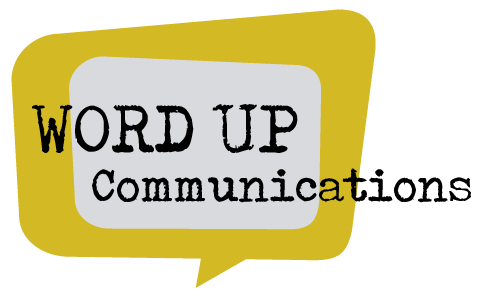I’ve got the blues. The bad language blues.
Not the effing and blinding variety, feck no. That would be hypocrisy of the highest order from one who indulges in foul-mouthed badinage on a woefully regular basis. Nope, the bad language getting my goat is jargon.
I’m talking about the strands of language used in niche groups and cliques. It’s spoken (and written) by all of us one way or another, but particularly fluently by big business, academics, thought leaders (whatever that means), public sector agencies, and yep, you guessed it, politicians. And I get it, I really do. Jargon confers status, it can be convenient, it’s a shorthand way of speaking in the workplace, and for power-brokers and decision-makers it’s an incredibly useful tool to prevent ordinary punters from comprehending serious shit. But, as George Galloway might put it, it’s all so much obscurantist nonsense.
My prob, dear peeps, is that this bad language is as pervasive and pestilential as Japanese knotweed. Jargon is the modern communications equivalent of swine flu – try as we might, we cannot seem to find a cure. Any time we might get close to eradicating the worst excesses, the jargon virus mutates off into some new and incomprehensible attack on plain English. I mean, what exactly is a “third sector interface”?
Despite society’s seemingly intractable insistence on speaking in tongues, I do detect the glimmer of a new dawn for modern language. It might be a false dawn, but I am pinning a lot of hope on those forward-thinking organisations who are beginning to talk about using language which welcomes. And before you start fretting about dumbing down and the collapse of classic communication skills, get this. The days of hiding behind jargon, acronyms and ivory tower talk have simply got to be gone. In-speak is out, baby.
If you’re not yet persuaded, listen up to the word on the streets. As a certain recent referendum result proved, we, the people, want to know exactly what’s going on out there. And, friends in commerce, don’t you dare get complacent. The appetite for plain speaking, writing and communication extends way beyond politics and politicians (tho there are plenty of us willing to keep the heat on you lot to start communicating a whole lot more clearly, and don’t you forget it). So, whether you’re in business, education, the public sector or private, do us all a favour and junk the jargon! Your clients, your customers, your users, the people you work for – they want you to speak the same language as them.
And anyway, plain English is far from plain, it’s got endless scope for colour, nuance, feeling and accent. Done well it’s got real character and verve, and best of all, it’s not laden down with unintelligible acronyms and exclusion snob speak.
While waiting impatiently for the new dawn to break, I’ll just carry on as per with my one-woman campaign for honest, open and understandable styles of communication. But actually, I know I’m not alone. I see it every single week in the course of my work. The sheer relief people feel when given space to communicate clearly is a joy behold. But funnily enough, it don’t necessarily come easy – speaking and writing in jargonese can be a hard habit to shift – but once the shackles are shaken off, some seriously good language does come flowing forth. So I look forward to the ranks of those who speak plain Scottish being seriously swollen afore too long.
In the meantime, TGIF.
